Medjool Dates are known as the ‘Queen of Dates’.
They are very rich, sweet, delicious and have soft skin and cushiony texture.
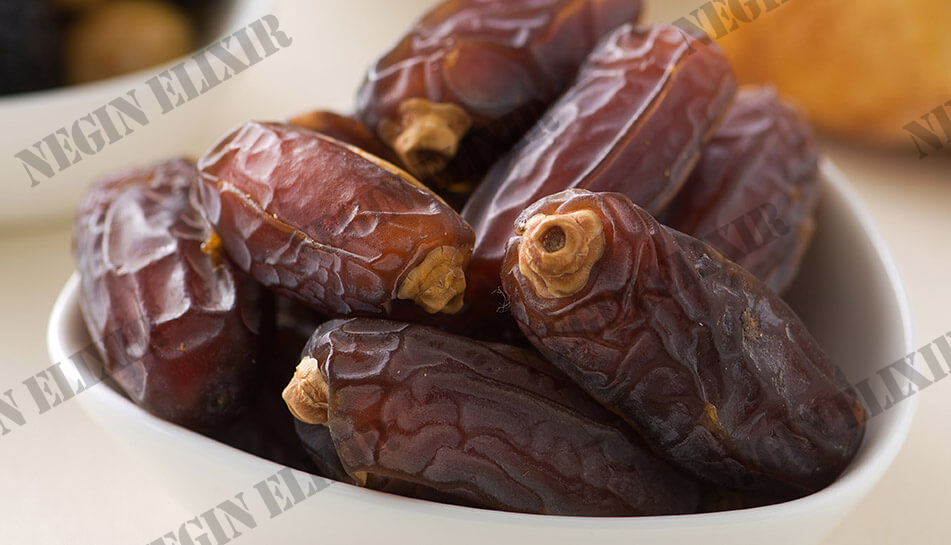
Medjool Dates : Benefits and Nutrition value
A serving of 2 Medjool provide :
- Calories: 120
- Sugar: 30 grams
- Protein: 0.9 grams
- Fat: 0 grams
- Carbohydrates: 31 grams
- Fiber: 3 grams
They are also a good source of Calcium, Potassium, Copper, Magnesium, Selenium, Insoluble Fiber, B Vitamins.
Reduce the risk of Heart disease, Digestive Function, Nervous System Support and Improved Metabolism are some of Health Benefits of The Medjool.
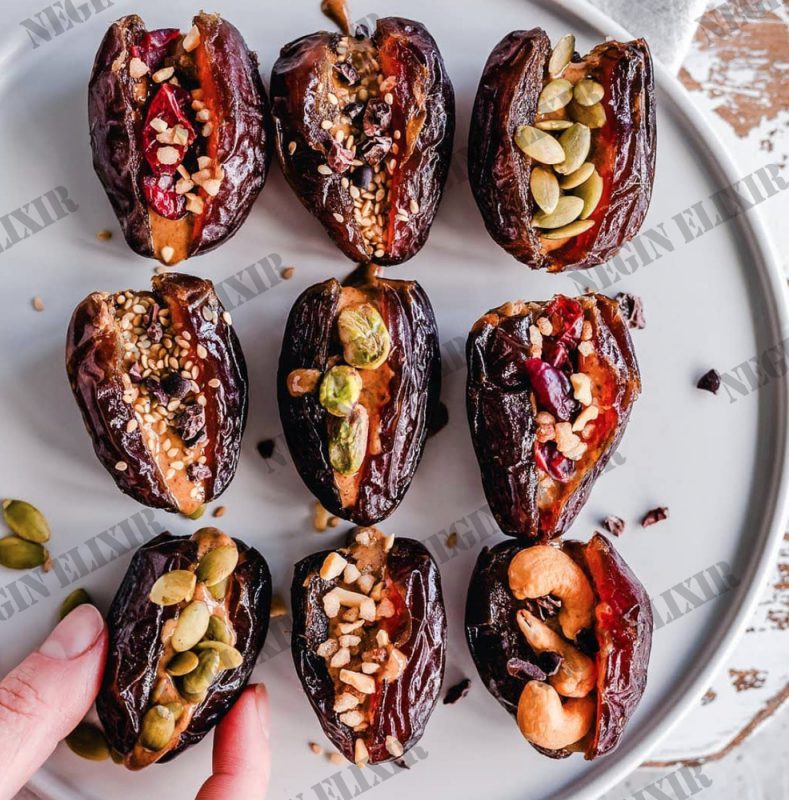
Mejool Dates : Uses
Medjool can be found year-round at most grocery stores.
These dried fruits make a great sugar alternative due to their sweetness, which comes from fructose, a natural sugar.
You can add this sweet fruit to smoothies, sauces, and dressings, or chop them in a food processor and use them for no-bake desserts like pie crusts, energy balls, and fruit-and-chocolate bars.
What’s more, you can fill raw Medjool dates with peanut butter, cheese, nuts, or even cooked grains like rice.
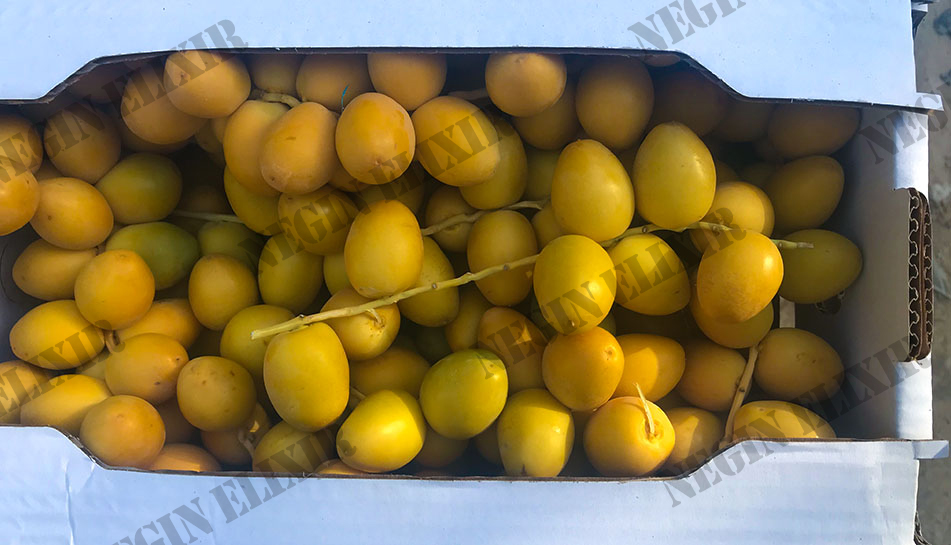
Medjool Dates Origins
They are grown in Morocco, Palestine, Jordan, America, Saudi Arabia and Iran and ripen early in the season.
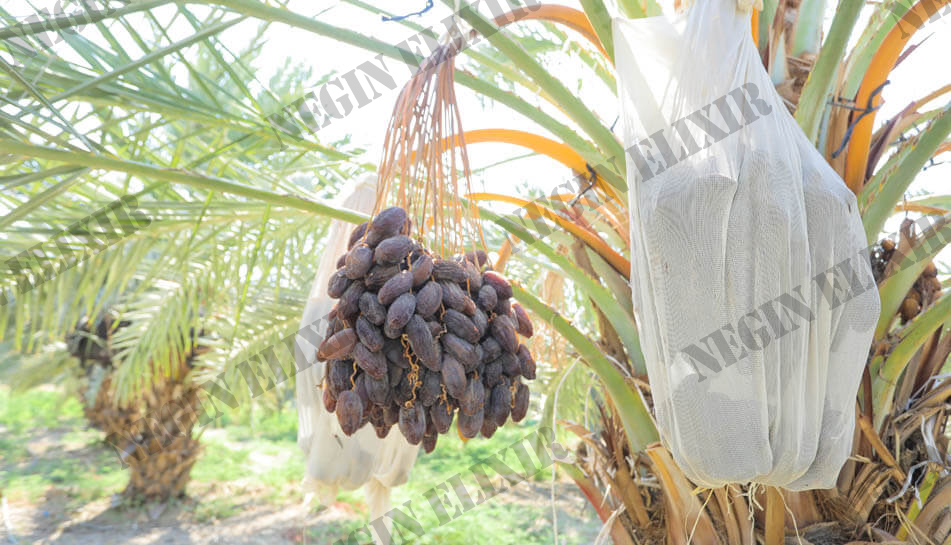
The Medjool is naturally a sweet fleshy type of semi dry dates and is considered to be Queen of dates. Dates are seasonal fruits that are cultivated at the end of the summer season; therefore, the supply of the fresh, plump, and juicy dates is limited.
Medjool is an oval-semi cylindrical shaped fruit, with medium to dark brown color, and a length that ranges between 3-6 centimeters, a diameter that ranges between 2-3 centimeters, and a moisture content that ranges between 17% to 25%.
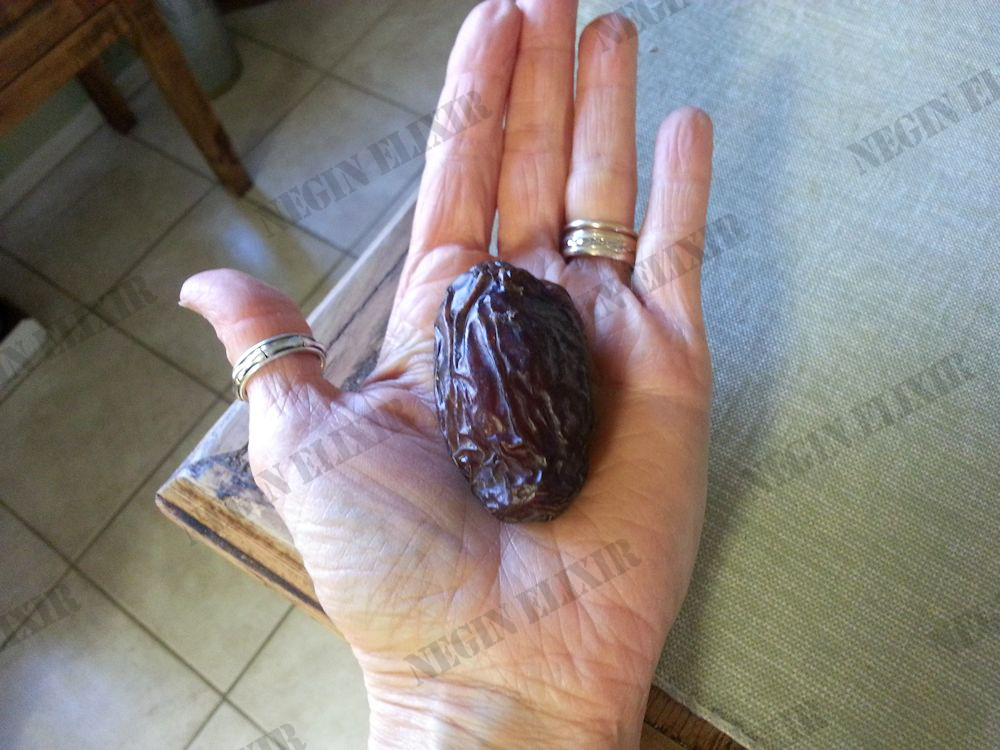
Types of Medjool
Jumbo
23 gm & Larger
Large
18 – 22 gm
Medium
14 – 17 gm
